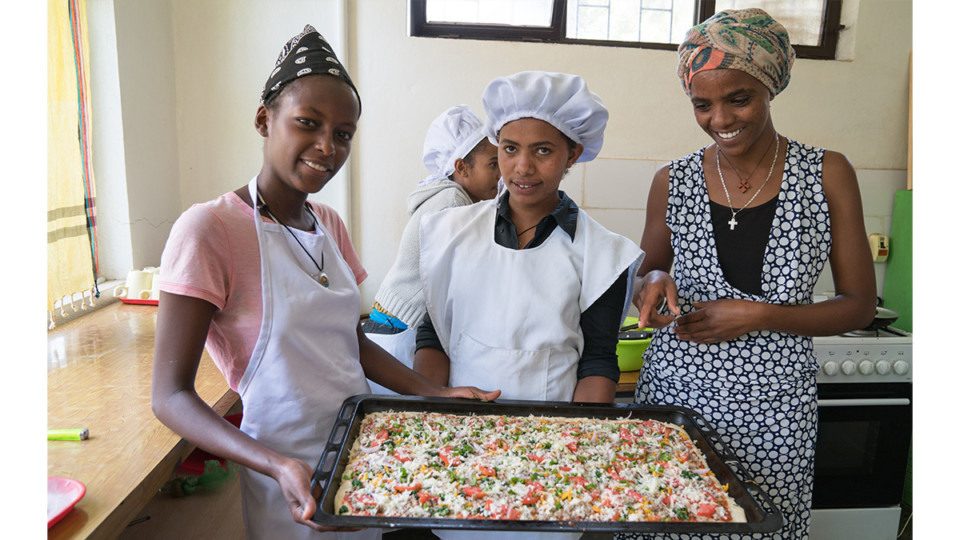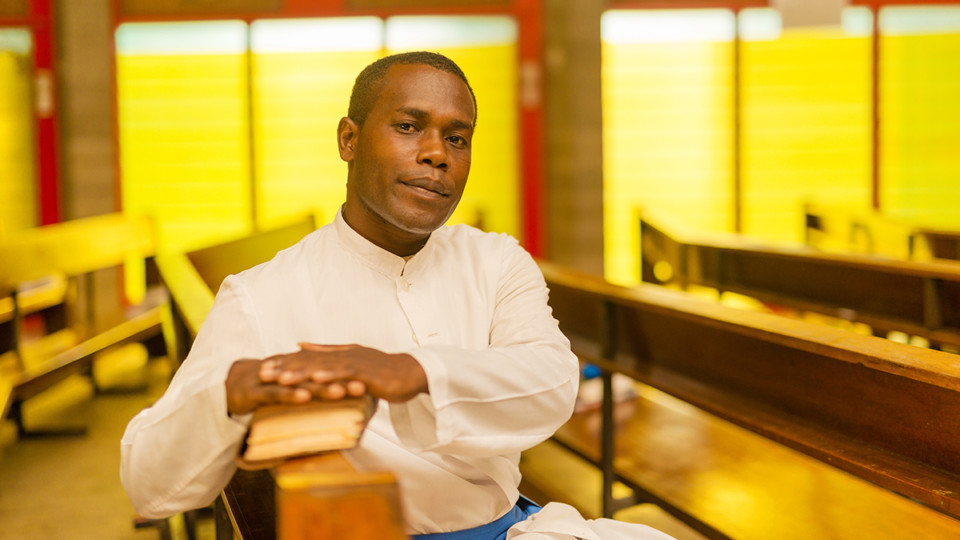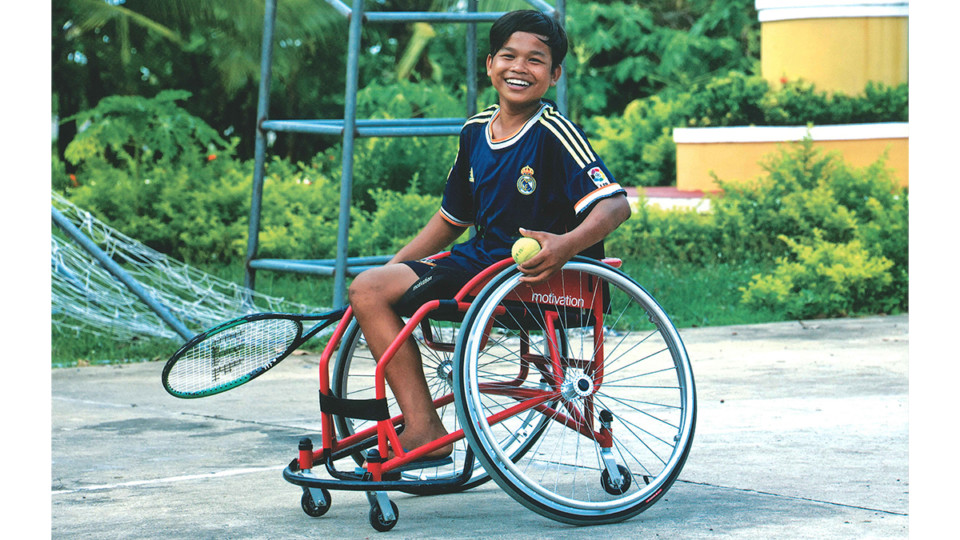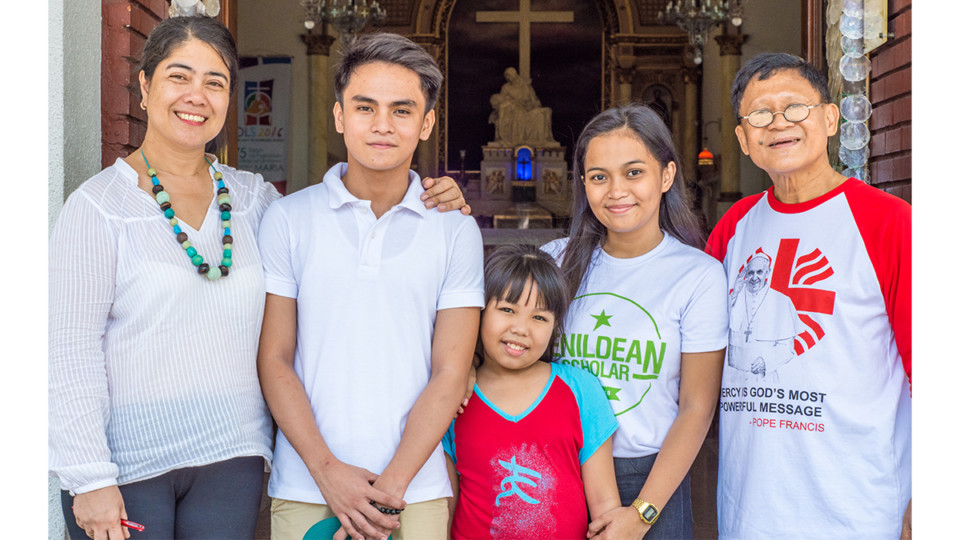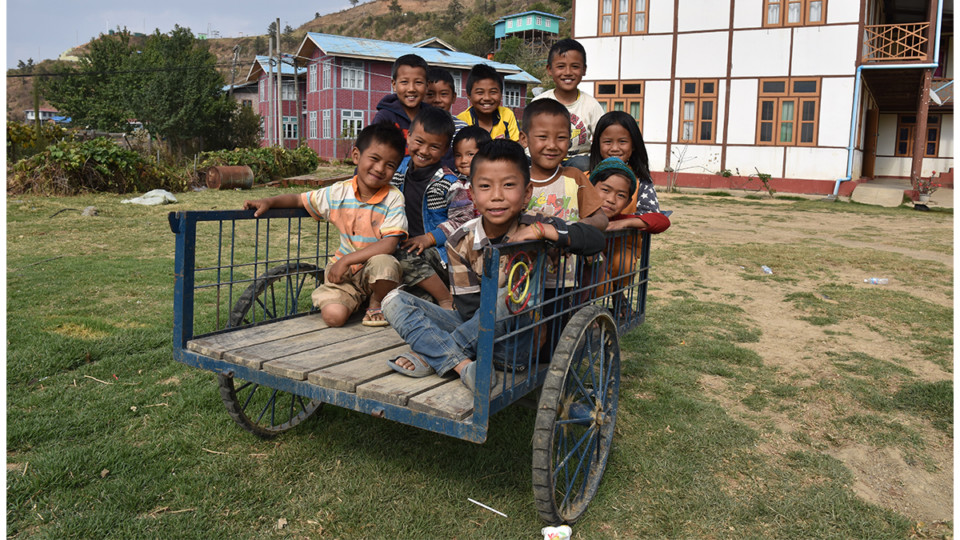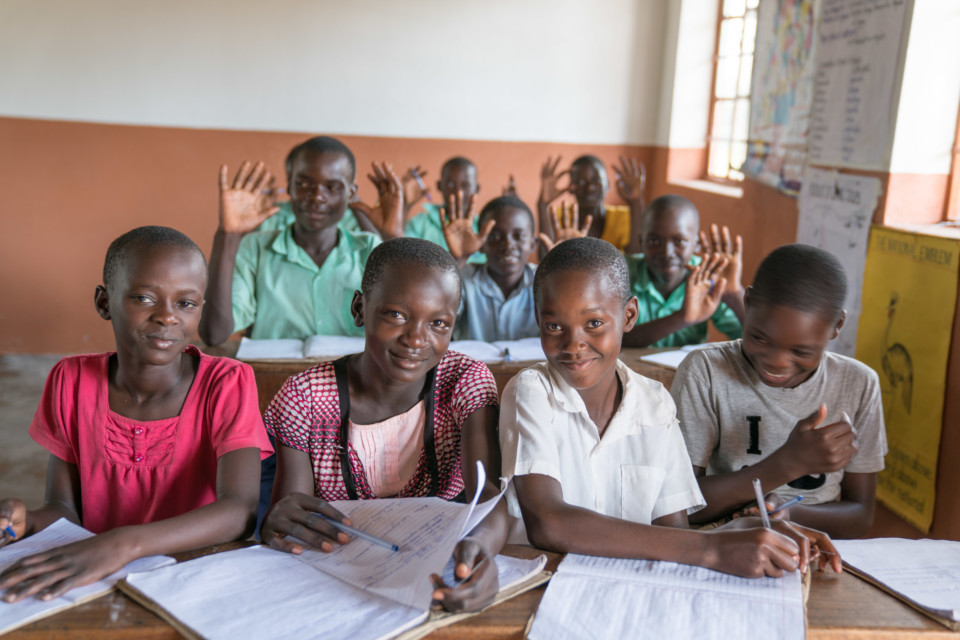
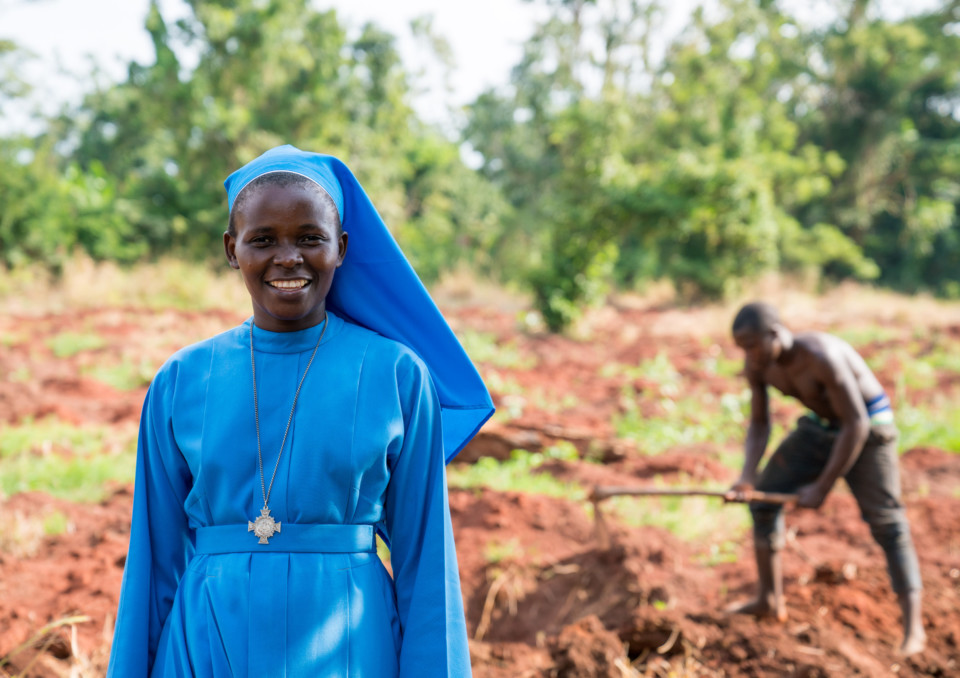
How farming is helping children in school
In Kasana-Luweero, 60 kilometres north of Uganda’s capital Kampala, two issues stand out to Bishop Paul Ssemogerere above all else. One is education, the other food security. Both, if addressed and managed in a sustainable way, can contribute to efforts to alleviate poverty, which is also pronounced in the region and has led to what Bishop Paul describes as a “nomadic” lifestyle. The soil is rich, however, and the potential exists for Kasana-Luweero to become “the region’s food basket”, with demand coming from the city to the south, and neighbouring South Sudan and Kenya. Perhaps the greatest beneficiaries of sustainable agriculture and farming in the diocese, says Bishop Paul, are its children.
The soil is rich, however, and the potential exists for Kasana-Luweero to become “the region’s food basket”, with demand coming from the city to the south, and neighbouring South Sudan and Kenya. Perhaps the greatest beneficiaries of sustainable agriculture and farming in the diocese, says Bishop Paul, are its children.
‘We think as a diocese we can develop Kasana-Luweero as a place where people can come from different areas and learn and get educated in matters of agriculture, animal raising, growing food and coffee.’
Bishop Paul Ssemogerere began his mission of leading the Kasana-Luweero diocese nine years ago. He came with a vision to continue the strong growth that was started by his predecessor, Bishop Cyprian Kizito Lwanga, the first bishop of the young diocese. Education was and still is a priority, but Bishop Paul also identified a need to develop sustainable practices in agriculture, such is the potential of the land and the people who live on it.
‘The market is there for good food – we need to teach people to use the land they are on,’ he says.
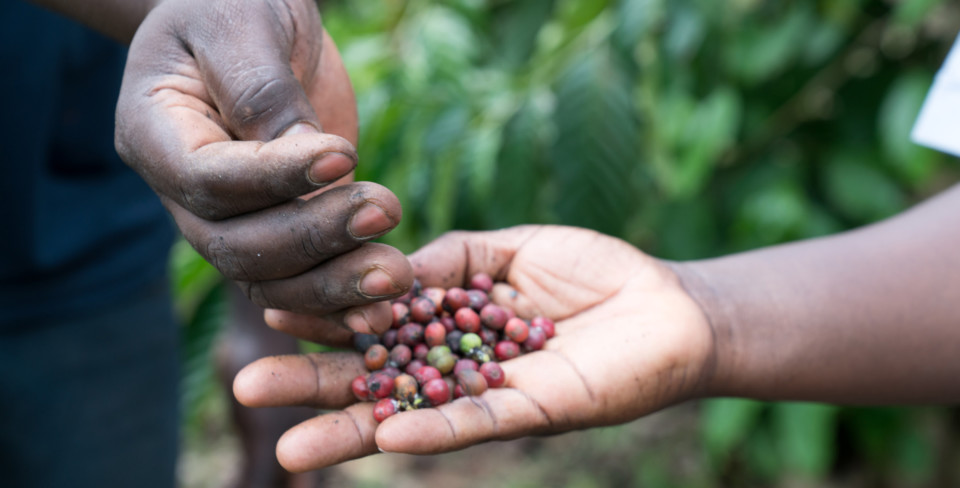
So began a program of economic empowerment, benefiting not only those who can gain skills and experience to profit from the fertile land at their disposal, but also the most vulnerable young people of the diocese. The farm directly sustains the educational support program for orphans and vulnerable children, which was established by Bishop Paul and the Diocese of Kasana-Luweero and supported by Catholic Mission.
The farm, which contains a full piggery of 50 pigs, three acres of banana plantation and three acres of maize, is in its infancy but is already changing lives. ‘The project is in its first year, but it’s quite a promising project,’ says Fr Jude Masembe, the program manager. ‘Because a good number of people in the area have been offered employment and a chance to earn money.
‘Importantly, they can also take home what they learn and apply the skills in their own places.’

While it may be parents and older members of the diocese that benefit from the practical component of the agriculture school now, the income generated from the activities of the farm goes straight into the education support element of the program, ensuring children are direct beneficiaries of the success of the adult participants.
Father Jude says this is crucial for the future of the community. ‘Bearing in mind that education is the key in the transformation of society, the diocese has put special emphasis on the education of the children, especially orphans and vulnerable children who would otherwise be left out of school. With your support of this project, the children are able to receive an education so that in the future they can be agents of this transformation.’
